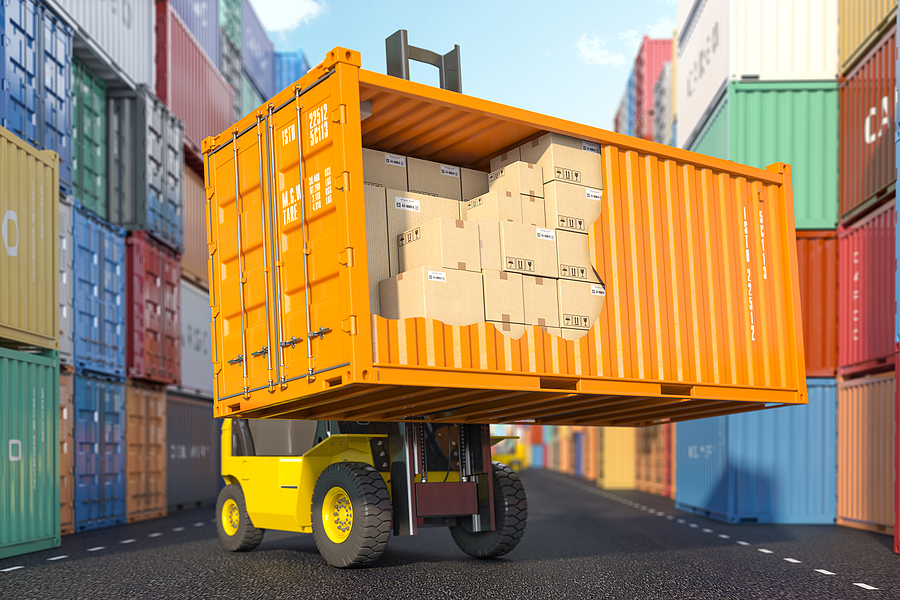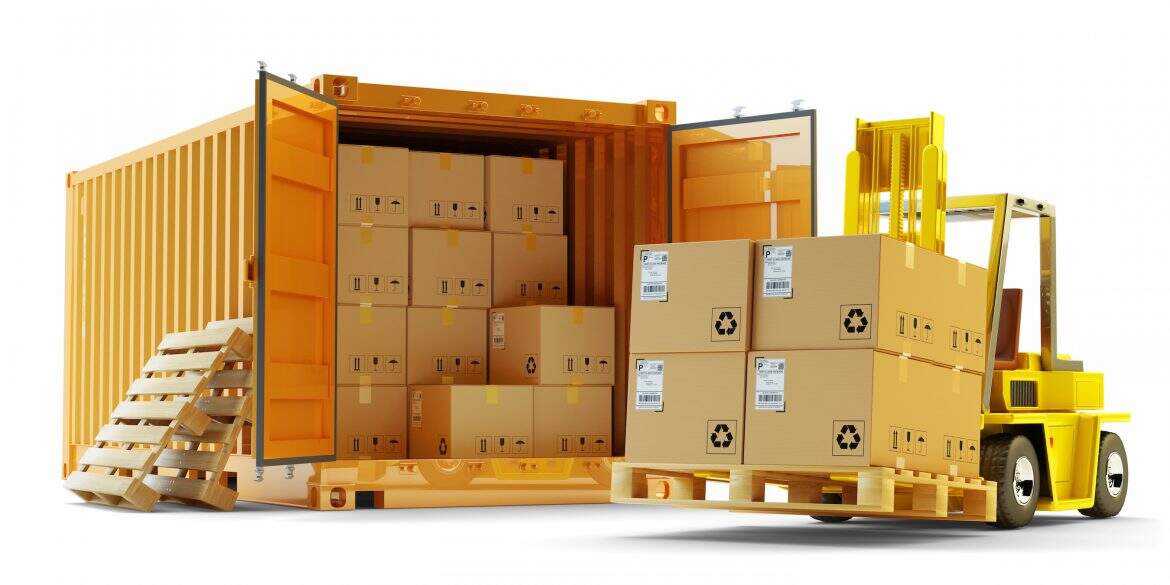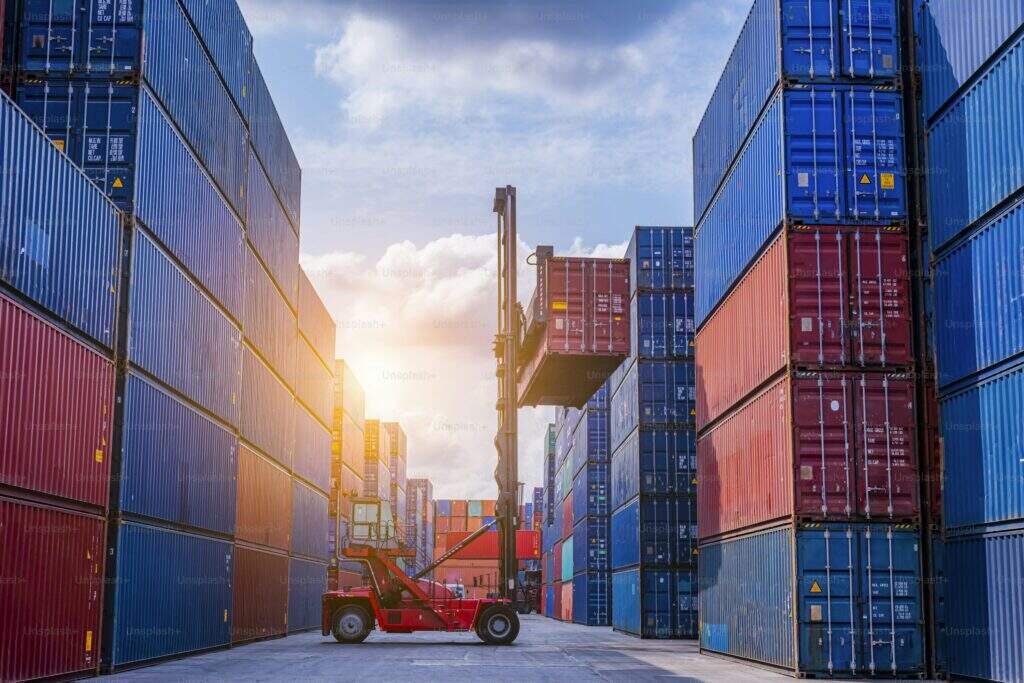import export logistics
Import export logistics encompasses the comprehensive management and coordination of international trade operations, facilitating the seamless movement of goods across borders. This complex system integrates various elements including transportation management, customs clearance, warehousing, documentation, and supply chain optimization. Modern import export logistics leverages advanced technological solutions such as real-time tracking systems, automated customs documentation, and intelligent routing algorithms to enhance efficiency and reliability. The system utilizes sophisticated warehouse management systems (WMS) that optimize storage and distribution processes, while transportation management systems (TMS) ensure optimal route planning and carrier selection. Digital documentation platforms streamline paperwork processes, reducing errors and accelerating customs clearance. These operations are supported by blockchain technology for transparent transaction records and artificial intelligence for predictive analytics in supply chain management. The implementation of Internet of Things (IoT) devices enables real-time monitoring of shipment conditions, location tracking, and inventory management, ensuring cargo integrity throughout the journey. This integrated approach to international trade logistics helps businesses maintain competitive advantages in the global marketplace while ensuring compliance with international trade regulations and standards.


